Environmentalist calls on FG to revoke, re-allocate oil licences of frequent polluters
Nathan Tamarapreye, Yenagoa
A renowned environmentalist, Mr Iniruo Wills has called on the Federal Government to penalise oil firms that do not operate in an environmentally sustainable manner by revoking and re-awarding their licences to compliant ones.
Wills made the call on Wednesday in a paper he presented at the ongoing 57th Conference of the Nigerian Mining and Geosciences Society, in Port Harcourt, Rivers.
The paper was titled: ‘Environmental Responsibilities for Hydrocarbon Development in Divested Fields.’
Wills, a former Commissioner for Environment in Bayelsa State recommended that the Minister of Petroleum Resources, the Minister of Environment and the Nigerian Upstream Regulatory Commission (NUPRC) should jointly administer the licensing policy.
The environmentalist noted that such an approach will be in harmony with the current legal framework in respect of 2 to 3 oil blocs, in line with the welcome provisions in section 96 of the Petroleum Industry Act (PIA).
He urged oil companies operating in the Niger Delta region to review their operational processes and take responsibility for their actions that usually lead to the discharge of oil and gas.
According to him, in one of the oil fields divested in Bayelsa by an International Oil Company (IOC), there was a massive rig explosion that led to the displacement of host communities.
“No Environmental Impact Assessment (EIA) was conducted in the first place for the project in which the rig explosion occurred.
“This was pre-divestment, but the impacts continue and might last for decades. There has not been satisfactory ecological and social remediation. Now the asset has reportedly been divested.
“Besides the egregious default of not doing an EIA for the base project, what kind of Environmental Effects Statement could have been prepared, if any to warrant regulatory approval for such a divestment, with the huge environmental baggage outstanding?
“Who will eventually pay for the cost of remediation and compensation in line with best practice?
“The present operator, its predecessor, NNPC as a dominant JV partner with controlling influence, or the regulators who may have failed in their regulatory duty of care to the entire spectrum of stakeholders?
“Are the host state, communities and the environment not left with the short end of the stick? To add to this, for most of November 2021, there was a major gas leakage from one of the divested fields and facilities,” he said.
According to him, in another divested field, also in Bayelsa, the new operator claims that it was not allowed to do any environmental due diligence by its predecessor, so it cannot assume liability for the series of unattended pollution before it took over.
“The divestment agreement states that the assignor/acquirer will take over assets and liabilities, which is an elementary principle of law between contracting parties when you buy an asset.
“There have been countless additional spill disasters since the divestment, including a recent well explosion that may easily have pumped over a million barrels of crude oil and gas into the ecosystem, killing or displacing most of the biodiversity in the area.
“There have been more spills even after that. And for over a year, the new operator has been in court with the former asset owner on claims that it was sold “damaged goods”, implying some of the major facilities were prone to repeated spills.
“Will advised the Federal Ministry of Environment to set up a Niger Delta wide comprehensive environmental remediation programme to oversee remediation of polluted fields.
According to him, the programme should be modelled after the integration of the UNEP Environmental Assessment of Ogoniland, the ongoing HYPREP cleanup of Ogoniland, and the Bodo Mediation Initiative/Remediation Project.
“All operators, including NNPC, should be made to contribute commensurately to fund the exercise, in settlement of their historical environmental liabilities and in lieu of their remediation fund obligations till date under the PIA.
“Concurrently, a comprehensive decommissioning and asset audit/upgrade campaign should be driven by NUPRC and its midstream counterpart, to abate a continuing surge in ecological calamities and concomitant liabilities arising from the Nigerian playbook of hydrocarbon development.
“The Chief Judge of the Federal High Court should under his statutory powers set up a division of the FHC in at least every senatorial district in the oil-producing states to make room for communities to access the Nigerian legal system,” Wills said.
He appealed to the Chief Judge to enable the fast-tracking of environmental litigation by bringing it into the ambit of the Fundamental Human Rights (Enforcement) Rules.
Wills also recommended that the PIA should be amended to mandate all petroleum mining leaseholders, with the possible exception of marginal field operators, to be publicly listed on the stock exchange
According to him, the listing will serve to subject the oil firms to the disclosures, scrutiny, and other minimum corporate governance standards that apply to publicly quoted firms.

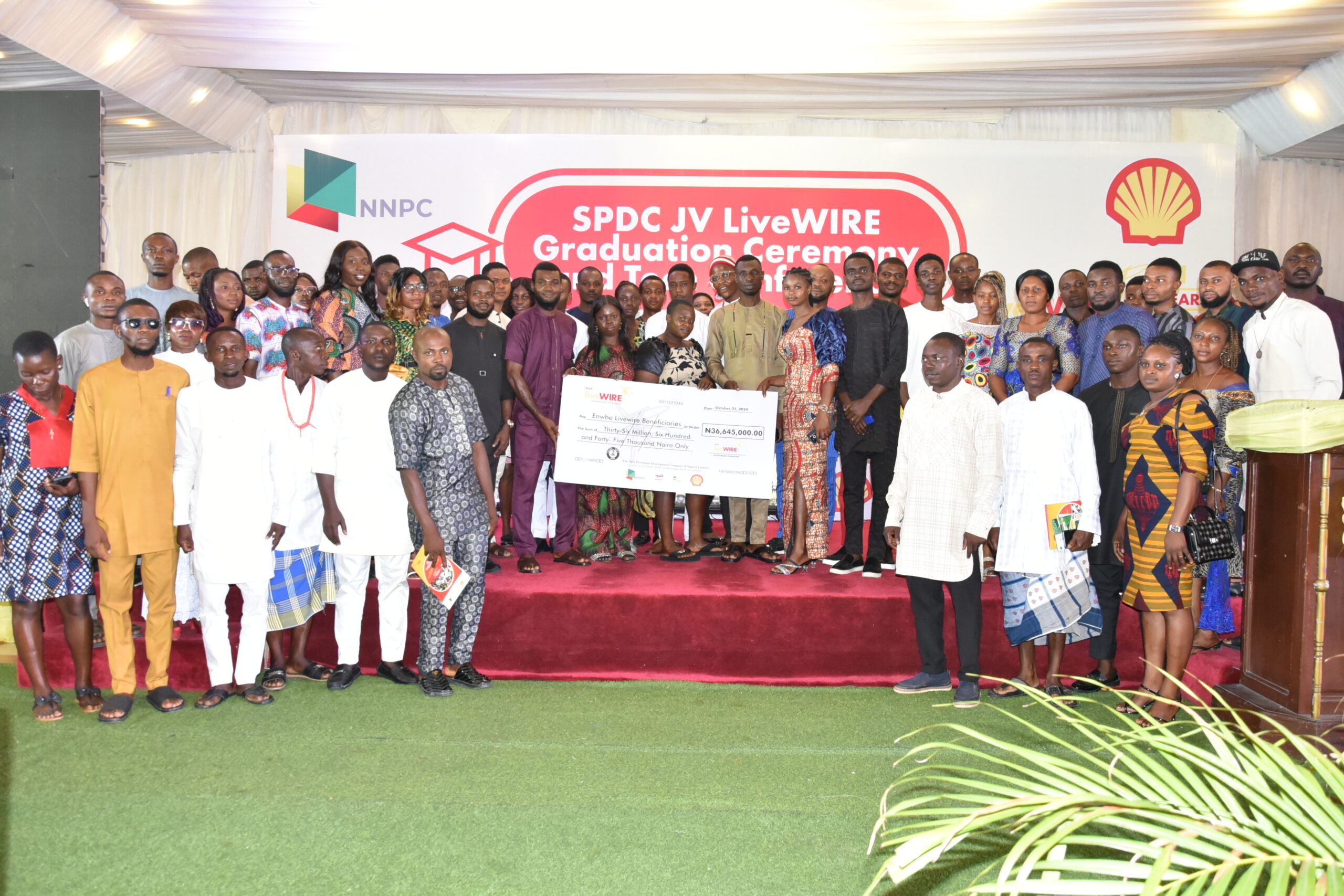


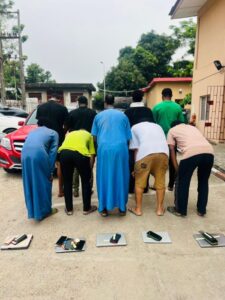

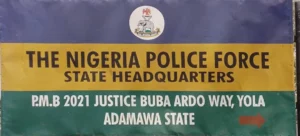
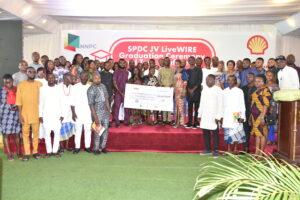






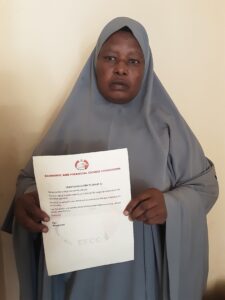
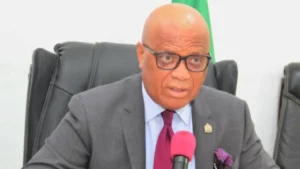
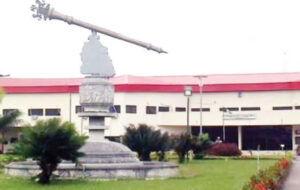
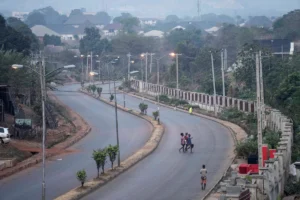




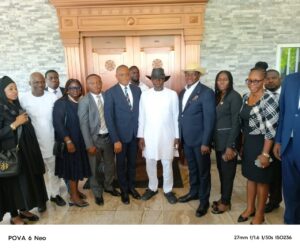

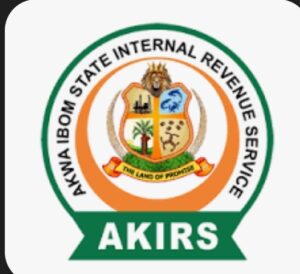
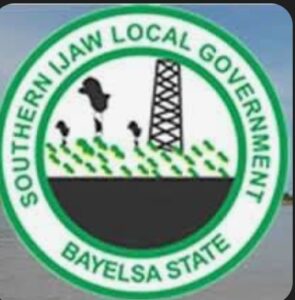


Post Comment